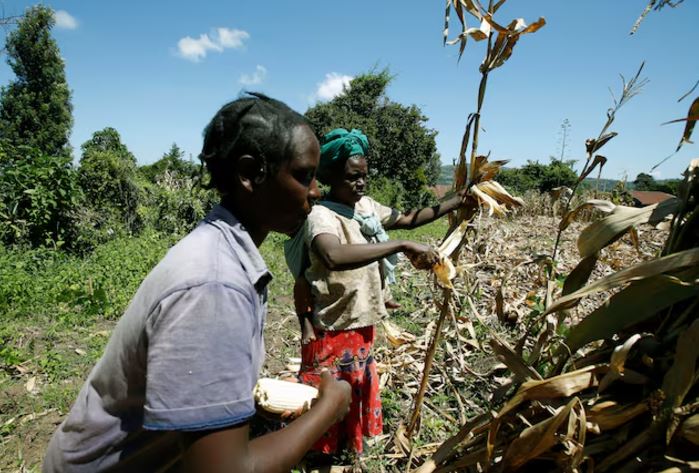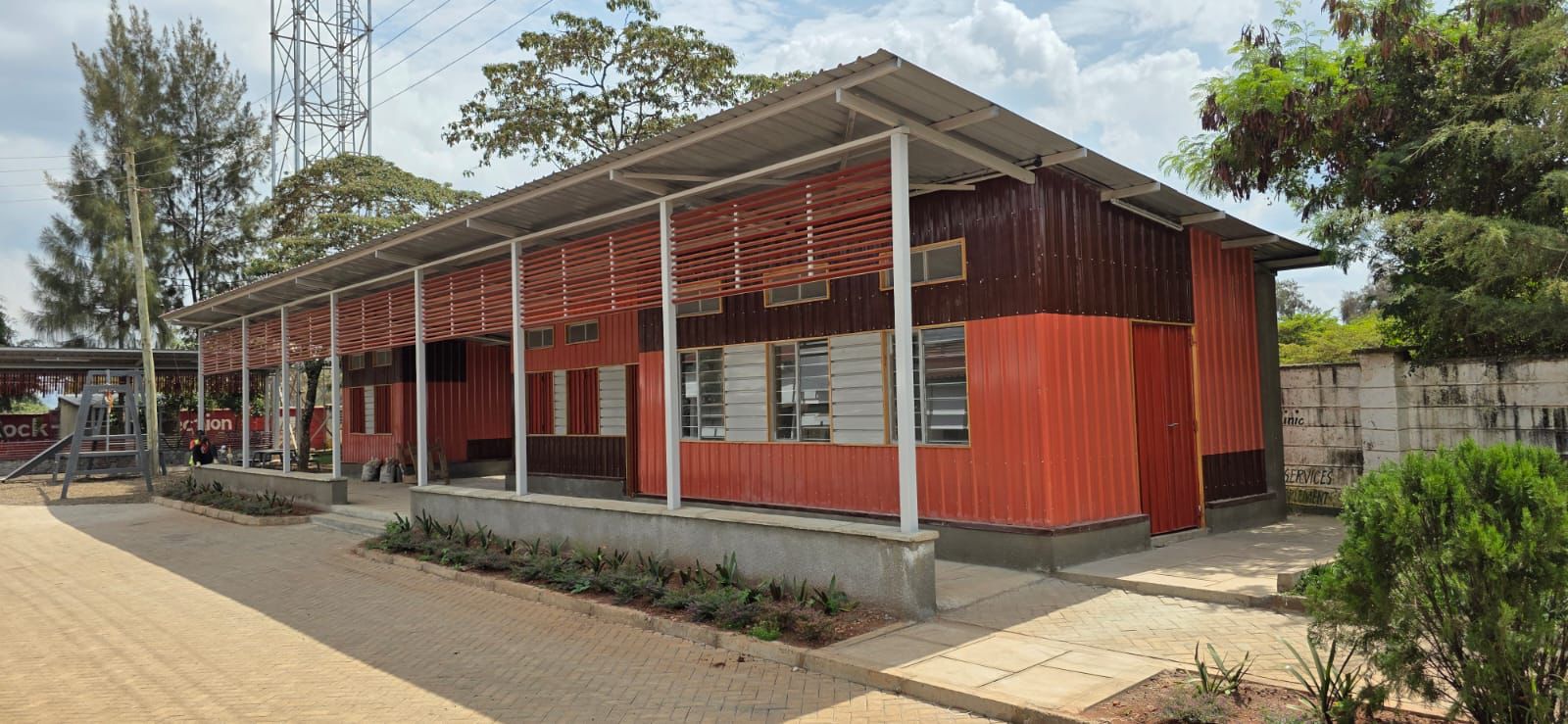Kenya moderately food secure in 2024 - report

However, the country is faced with the challenge of malnutrition, as 18 per cent of children below the age of five years are stunted.
According to a joint policy paper by the Kenya Institute for Public Policy Research and Analysis (KIPPRA) and the Kenya National Bureau of Statistics (KNBS), Kenya's overall food security index stands at 0.48, reflecting a moderate level of food security.
The paper says moderate performances largely influence the score in the food availability and accessibility pillars which scored 0.46 and 0.52, respectively.
More To Read
- Food insecurity in Africa persists as poor infrastructure hampers supply chains – World Bank
- Food security in Africa at risk without increased agriculture budgets, ministers warn
- Agriculture CS Kagwe pushes for leasing of idle public land to curb reliance on food imports
- Kenya’s agriculture sector faces surge in fake inputs, Anti-Counterfeit Authority urges farmers to stay vigilant
- 700,000 refugees in Kenya face severe hunger crisis after aid cuts
- Africa fueling global cropland growth as food demand intensifies - report
According to the paper, the two are key factors in determining access to sufficient and nutritious food.
On the other hand, the utilisation pillar stands out with the highest score of 0.67, pointing towards sufficient availability of food, prompting effective utilisation by the population.
However, the stability pillar, which assesses the consistency and resilience of food systems, scored the lowest at 0.41.
The imbalance among the index's four pillars points to the vulnerability of the country's food security in the face of potential shocks such as climate change, economic instability and geopolitical factors.
Ideally, an index of a figure less than 1 indicates that the country is facing challenges in ensuring adequate food security for its population.
On the other hand, a score of 1 indicates optimal food security, meaning the country has achieved the highest level of food security across all key dimensions.
A food security index score of more than 1 would typically indicate an exceptionally high level of food security, surpassing the standard or optimal threshold.
Challenges
Despite the moderate grading, the report conveys that Kenya is generally faced with food insecurity, primarily due to insufficient food production, limited technological capabilities, population growth, and the adverse effects of climate change on agricultural productivity.
The long rainy season (such as March-May 2024), marked by heavy storms and flooding, compounded the challenges this year, causing significant damage to the agriculture sector.
"Persistent crises, including droughts, contribute to food insecurity and, consequently, high rates of malnutrition in the country," the paper adds in part.
As a result, it exhibits that the country is faced with the challenge of malnutrition, as 18 per cent of children below the age of five years are stunted, 10 per cent are wasted, and five per cent are underweight.
The researchers and the policy experts therefore suggest that improving the nation's food security requires a holistic approach that addresses all four pillars simultaneously.
This includes fostering greater collaboration across sectors such as agriculture, health and economics to develop integrated strategies that tackle food availability, accessibility, utilisation, and stability.
Only through such comprehensive efforts can the country make strides toward ensuring long-term food security for all, the paper says in part.
Top Stories Today


















































